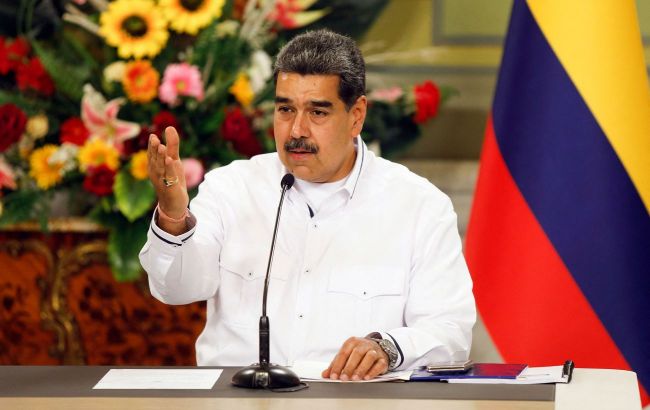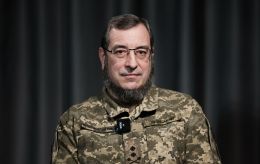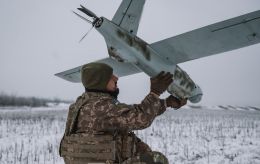Panamanian President offered Maduro safe passage out of Venezuela, but faced criticism
 Nicolás Maduro, President of Venezuela (photo: Getty Images)
Nicolás Maduro, President of Venezuela (photo: Getty Images)
Panamanian President José Raúl Molino offered to assist Venezuelan President Nicolás Maduro in leaving the country and relocating to a third nation following controversial elections, to facilitate a political transition. However, the current head of Venezuela criticized this proposal, report CNN and Reuters.
According to Molino, the essence of his initiative is Panama's willingness to act as a bridge for Maduro, allowing for a safe transition from Venezuela to another country.
This proposal emerged amid the controversy over the results of Venezuela's presidential elections on July 28, where Maduro claimed victory, but independent pollsters indicated that the majority of voters supported the opposition.
"If that's the contribution, the sacrifice that Panama has to make, by offering our soil so that this man and his family can leave Venezuela, Panama would do it without a doubt," Mulino said in an interview with CNN.
However, Maduro sharply rejected the proposal and accused the Panamanian president of being overly influenced by the gringos, using this derogatory term for Americans.
"I will try to learn your name, President of Panama, but whoever messes with Venezuela runs aground," Maduro told journalists outside the court where he filed an appeal to review the presidential election results.
In his statement, Maduro also feigned ignorance of the Panamanian president's name, who had been elected just three months prior.
What preceded this
Protests have erupted in Venezuela over the results of the presidential election, in which the government declared the incumbent president, Nicolás Maduro, the winner. The opposition alleges that the results were falsified.
It has also been reported that the US has recognized opposition candidate Edmundo González as the winner.
In contrast, the European Union has stated it cannot acknowledge Maduro's re-election in Venezuela, as the country's electoral body has yet to provide official voting protocols.
Recently, it has been revealed that Brazil, Colombia, and Mexico are engaged in negotiations with both the Venezuelan government and the opposition regarding the electoral crisis.
Additionally, it has been reported that Panamanian President José Raúl Mulino has expressed a desire to convene a summit of 17 Latin American presidents to discuss the political situation and protests in Venezuela.


